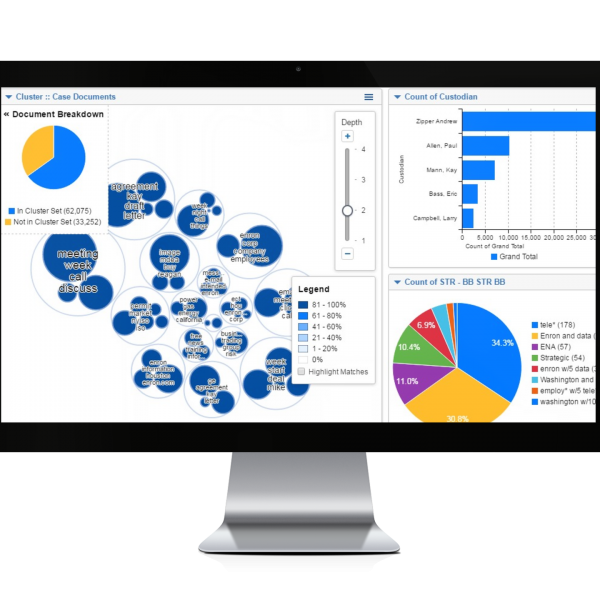In an era defined by digital transformation, how are courts adapting to meet the evolving needs of citizens and the demands of efficiency? The advent of systems like iCourt and eCourts represents a monumental shift, promising greater accessibility, transparency, and streamlined processes in the realm of justice.
These modern systems are not merely cosmetic upgrades; they represent a fundamental restructuring of how individuals interact with the legal system. They offer a pathway to access court records, make payments, and obtain crucial county contact information, all from the convenience of a personal device. This move toward digitization promises a future where legal processes are more efficient, and justice is more accessible to all.
Let's delve into the specifics of these innovative systems, examining their features, their impact, and the jurisdictions that are leading the charge toward a more technologically advanced legal landscape. Systems like eCourts in New York and iCourt in Idaho are transforming the way citizens engage with the judicial process. These platforms allow users to search for cases, view calendars, and receive vital updates, marking a significant step toward a more transparent and accessible justice system. For instance, in New York, eCourts provides free access to case information and case tracking services for civil, criminal, and family courts. Users can search cases based on various criteria, view calendars, and even receive email updates and reminders. Meanwhile, Idaho has embraced the iCourt system statewide, allowing citizens to search court records, make payments, and access county contact information.
- Karely Ruiz Latest News Bikini Pics Pregnancy Updates
- Grace Spoonamore Case Details What Happened Next Latest
These systems are not without their nuances. Confidentiality concerns are addressed through stringent protocols. The specific information that is not made public is clearly outlined to protect personal privacy. It is essential for the public to understand what data is accessible and what remains private, allowing users to utilize the system with confidence. In addition, these platforms frequently offer resources and guidance for individuals representing themselves in court. Courthelp is a valuable resource, providing information and forms, to help those navigating the legal system without the support of a lawyer. The availability of such resources underscores a commitment to ensuring fair access to justice for all, regardless of legal representation.
The New York State Unified Court System, which handles over three million cases annually, has a dedicated homepage offering a wealth of information, including court locations, forms, rules, and access to justice resources. Users can also find instructions for navigating the NYSCEF filing page. These resources are vital for anyone seeking to understand and engage with the states court system.
The transition to these new systems is ongoing, with periodic updates and resources being provided to users. For example, in Idaho, the iCourt portal was launched in Twin Falls County on June 22, 2015, as part of a larger effort to modernize the states court system. This new application replaced older data repositories, providing enhanced public access to court records and payment options. The status of both pending and closed cases is available to the public, offering greater transparency into legal proceedings.
Heres a glimpse into the key elements of a modern digital court system:
- Electronic Filing: Secure systems enable the filing of documents, streamlining processes.
- Case Information: Comprehensive case data access for the public.
- Payments: Convenient online fee and fine payment options.
- Calendaring: Digital access to court calendars and schedules.
- Communication Tools: Email updates, notifications, and reminders.
The iCourt odyssey project is changing how courts serve the public, with features like virtual hearings being held electronically, allowing for remote attendance via smartphones, laptops, or computers. Accessibility is a key priority of these innovative platforms, designed to make engaging with the justice system a simpler, more user-friendly process.
The iCourt portal is the new application that provides access to court records, hearing information, and case payments, as the state transitions each county across the state to the new system. To learn more about the iCourt suite of solutions, one can simply click on the provided link to gain access to the information. For example, in Ada County, the iCourt website allows users to look up court calendars, case information, and pay fines or citations. To pay online, users may need their Ada County case number, citation number, or the full name and date of birth of the person cited. You can enter it with or without dashes.
For those using eCourts in New York, it's important to be aware of the information that reflects the docket entries for court records open to the public. Certain records may not be available due to federal and state statutes or court orders. If you are looking to file an appeal, a number of resources are available to assist you.
For those using eCourts in New Jersey, some documents, like sealed or certain criminal filings, must still be submitted on paper. Ensure your contact information is accurate and maintain a JACS account for submissions with fees. The NCAOC will transition from legacy online services to the new eCourts services. If you dont find your citation, it is possible that your citation was issued in one of the counties that use eCourts services.
The judiciary in Hawaii, as one of three branches of state government, plays a crucial role in administering justice impartially and efficiently. The other two branches are the executive and legislative branches.
The use of systems like iCourt and eCourts marks a significant evolution in the justice system. These platforms are more than just technological upgrades; they represent a commitment to transparency, accessibility, and efficiency, ultimately paving the way for a more modern, user-friendly legal landscape.
- Natalia Vodianova Born February 28 1982 Early Life Career
- Heritage Funeral Home Obituaries Recent Passings Services


